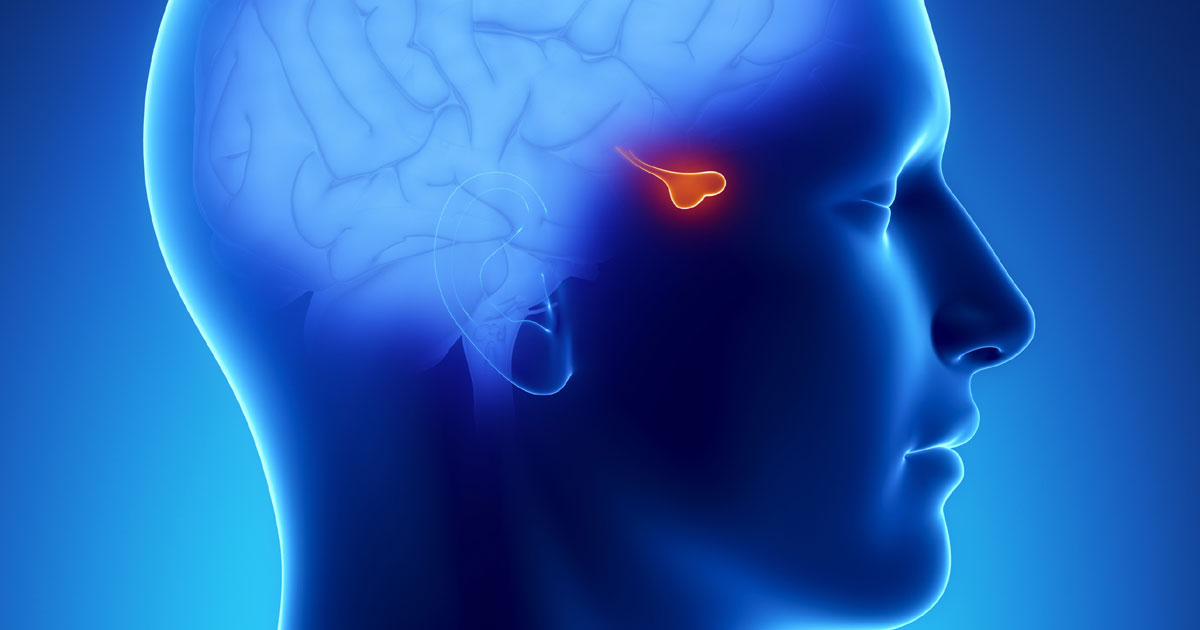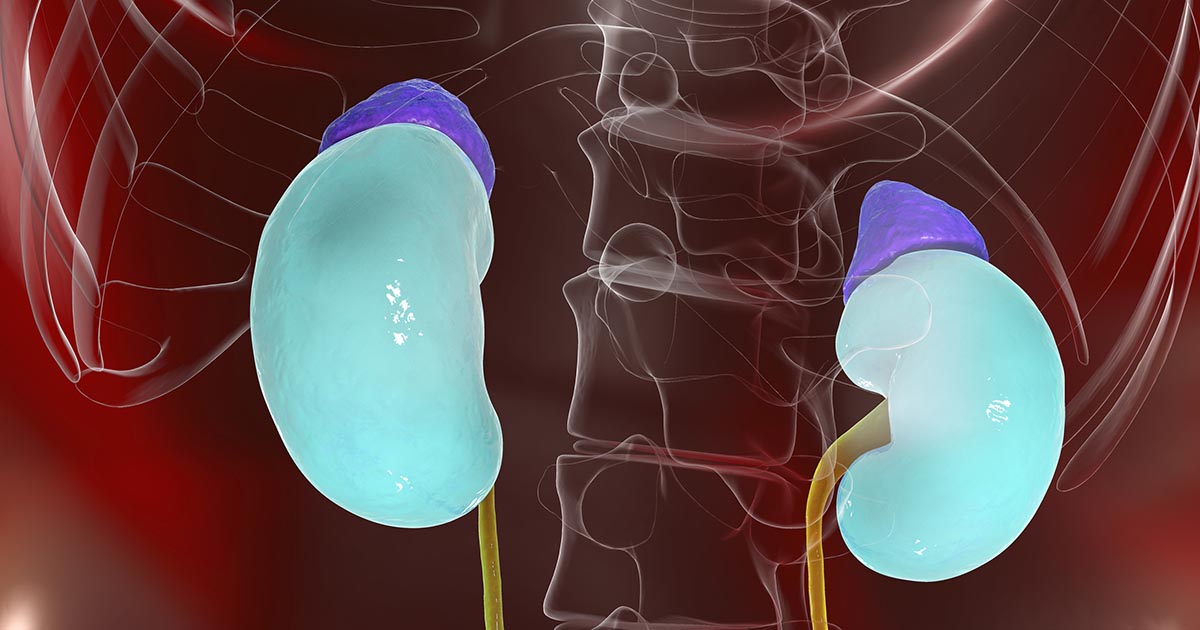Causes Of Cushing's Syndrome
Cushing's syndrome, also known as Cushing's disease and hypercortisolism, affects more than three million people in the United States each year. The syndrome is diagnosed three times more often in women than it is in men. Though the condition has occurred in children, individuals aged twenty-five to forty are the most commonly affected age group. For most patients, Cushing's syndrome can be cured with the right treatment combination, although some patients live with the illness as a chronic condition. Cushing's syndrome is classified as an endocrine disorder; therefore, it is most often treated by an endocrinologist and individualized treatment plans. Let's examine the causes of Cushing's syndrome more closely.
Excess Cortisol

Excess cortisol is the hallmark and root cause of Cushing's syndrome and can occur through a variety of mechanisms. Cortisol is a hormone that is produced by the adrenal glands, which are located on top of the kidneys. Often called "the stress hormone," cortisol manages the body's response to stress and also helps regulate blood pressure and blood sugar. Additionally, the hormone assists the body in turning food into energy and serves to reduce inflammation. In patients with Cushing's syndrome, excess cortisol can be the result of overproduction of this hormone within the body itself. This disorder can also develop due to high dosages or the overuse of certain medications, which is the most common cause of the syndrome. For patients who get Cushing's due to medications, adjustments to the dosages can cure the illness. For patients whose high cortisol levels are found to be due to other causes, numerous medications exist that are helpful in reducing cortisol in the body.
Next, learn how a specific type of tumor can cause this disease.
Pituitary Gland Tumor

Located at the base of the brain, the pituitary gland is a pea-sized organ gland that is part of the endocrine system. This gland manufactures many hormones used for various functions throughout the body including the adrenocorticotropic hormone, abbreviated as ACTH. This hormone instructs the adrenal glands to produce cortisol. When a pituitary gland tumor is present, it causes the pituitary gland to make too much ACTH, and this leads to an overproduction of cortisol by the adrenal glands. After corticosteroid use, pituitary tumors are the second-highest cause for the development of Cushing's syndrome. These tumors can frequently be removed with specialist microscopic surgery, and tumor removals are successful in ninety percent of cases when performed by an experienced surgeon. Following the surgery, cortisol medicine is prescribed for several months. In cases where surgery is not possible, radiation therapy can often be helpful.
Continue reading to reveal how another condition can lead to Cushing's syndrome.
Primary Adrenal Gland Disease

Primary adrenal gland disease can lead to the development of Cushing's syndrome, especially in patients who have adrenal gland problems, such as a tumor on the adrenal glands themselves. This tumor causes the glands to produce cortisol in excessive quantities. Adrenal gland tumors are responsible for approximately thirty percent of all cases of Cushing's syndrome. Fortunately, the majority of tumors on the adrenal glands are benign, and some do not cause symptoms. Those tumors that do cause symptoms, as is the case in Cushing's, can be treated with surgery. In primary adrenal gland disease, there is no tumor present on the adrenal glands, but the glands themselves are hyperactive. As a result, this triggers the production of too much cortisol within the body.
Keep reading to discover the role genetics play in causing this disease.
Inherited Connection

The majority of Cushing's cases occur in patients with no family history of the disease. However, recent research suggests that there may be an inherited connection involved in some instances of Cushing's syndrome. Specifically, scientists noted that a mutation in the CABLES1 gene might contribute to the disease. German researchers have also identified that mutations of the PRKACA gene are involved in the adrenal tumors that can occur with Cushing's. Some diseases that lead to Cushing's may themselves have components that can be inherited. Some of the genetic mutations associated with Cushing's syndrome may not be passed down through families. Rather, they may be sporadic or random, induced during a person's life by environmental or other factors that resulted in damaged DNA.
Next, uncover the rare cause of Cushing's syndrome and how it happens.
Ectopic ACTH Secretion

Ectopic ACTH secretion is an exceedingly rare occurrence. It happens when a tumor located at a site other than the pituitary gland starts producing too much ACTH. This causes the adrenal glands to produce cortisol which builds up to excessive levels. As with pituitary gland tumors, ectopic ACTH secretion is considered an ACTH-dependent disease because it is controlled by the ACTH hormone. Typically, the non-pituitary tumors that are responsible for the ectopic secretion of ACTH are found in the lungs and the thymus gland. Documented cases of these types of tumors in the thyroid, pancreas, ovaries, adrenal glands, and liver have also been reported.